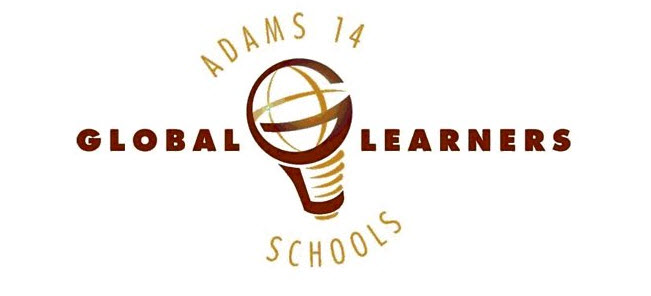
I was listening to this wonderful discussion with Jeff Tweety and Lawarence Lessig around copyright law and digital media. Lawrence Lessig is a Standford Law Professor that is well known for his advocacy for reduced restrictions on copyright and for the creation of Creative Commons licensing. Jeff Tweety is the lead singer of Wilco, a band that is well-known for its effective use of the Internet to release an album in 2002 after being dropped by their record label.
The discussion at the New York Public Library focused on the legal restrictions that stunt the organic development of culture in this digital world. Today's children are clearly adept at taking music, film, or pictures and creating a "collage" that is new. An example that Lessig cited was the mixing of the Beatles White Album and Jay-Z's Black album by DJ Dangermouse into the Grey Album.
There is also this money quote from Jeff Tweety in response to whether he has a problem with people downloading his music for free: "the only people complaining are the people that are so rich I don't know why they would ever have to be paid again."
What does this all mean for public school educators? Are we required to teach children the most restrictive limits of the copyright law (sometimes called fair use) and hold them accountable for these? Or do we encourage children to be creative and engage in the creative processes that includes remixing regardless of the legal restrictions? Or do we find ways for our students to become part of the conversation with lawyers, artists, and lawmakers? What should students know about Creative Commons?
PS: I find it slightly ironic that when I went to get a photo of Wilco for this blog all the photos on their webpage are "all rights reserved".
The discussion at the New York Public Library focused on the legal restrictions that stunt the organic development of culture in this digital world. Today's children are clearly adept at taking music, film, or pictures and creating a "collage" that is new. An example that Lessig cited was the mixing of the Beatles White Album and Jay-Z's Black album by DJ Dangermouse into the Grey Album.
There is also this money quote from Jeff Tweety in response to whether he has a problem with people downloading his music for free: "the only people complaining are the people that are so rich I don't know why they would ever have to be paid again."
What does this all mean for public school educators? Are we required to teach children the most restrictive limits of the copyright law (sometimes called fair use) and hold them accountable for these? Or do we encourage children to be creative and engage in the creative processes that includes remixing regardless of the legal restrictions? Or do we find ways for our students to become part of the conversation with lawyers, artists, and lawmakers? What should students know about Creative Commons?
PS: I find it slightly ironic that when I went to get a photo of Wilco for this blog all the photos on their webpage are "all rights reserved".
Photo Credit: http://www.flickr.com/photos/bouche/194264830/
Useful Links to find Creative Commons Licensed Materials:
http://creativecommons.org/
http://www.archive.org/index.php
http://magnatune.com/
http://www.flickr.com/
Useful Links to find Creative Commons Licensed Materials:
http://creativecommons.org/
http://www.archive.org/index.php
http://magnatune.com/
http://www.flickr.com/


2 comments:
i am taking a class at cuny discussing copywrite laws. what will happen in the future. If the artist wants to download his music, it is his choice. but once you sign with the big boys, you need to follow their rules.. then who does own the material? I think the teachers today are just worried about plagiarism or if they really did the work!
Yes, it does seem that with respect to downloading music there is very little room for interpretation. However, I think the central question is whether copyright law should be updated to account for cultural change. In other words, copyright currently sees samplign and mixing as illegal acts, but that is part of the world of our digital kids. To sample from Shakespeare is not illegal, but to sample from the Rolling Stones is.
Thanks for the comment.
Post a Comment